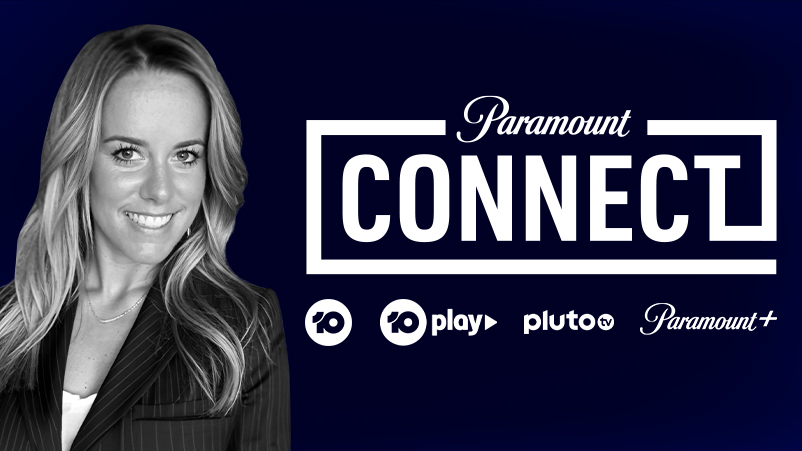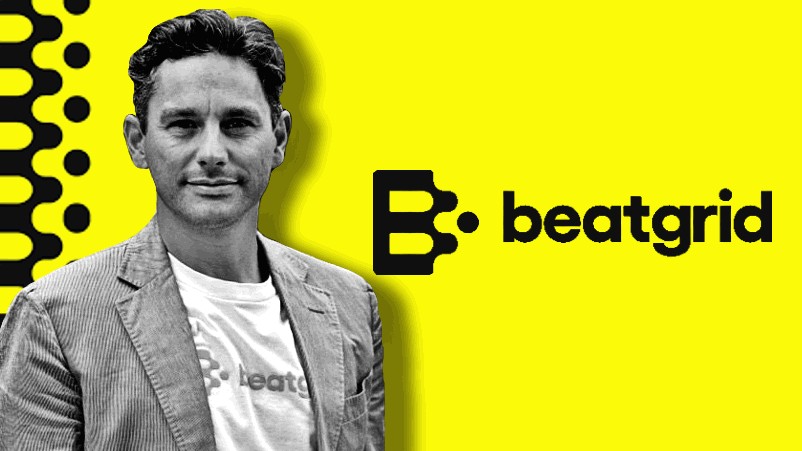Breaking bad: it’s time to ditch ‘fight or flight’ chaos work state and reset for personal growth – before the wheels come off
Agencies across Australia reopened their doors and welcomed back staff last week. But the ‘new normal’ has to change, says PHD Sydney Managing Director, Stephanie Douglas-Neal, who echoes Tumbleturn Principal Jen Davidson's call for things to change, fast. The ‘fight or flight’ chaos state and bad habits of the last two years cannot be allowed to continue – or we will break our people.
The last two years have been chaotic. Obviously.
For many of us, the pace of our roles has meant little time for reflection, making it hard to really to take stock of everything that has happened since March 2020.
However, the situation we find ourselves in is no longer novel. There is much to adapt to, and lingering bad habits to unpack.
Habits like:
- The proliferation of comms channels: Using message apps as the primary source of communication, instead of actual conversation.
- Everything being urgent & requiring an immediate response: Responding immediately to every email in an attempt to manage inbox overwhelm.
- Never-ending Video Conferences (VC): Are we inviting the whole team to the VC – including team members who would never have gone if it was being held in real life?
- Down the rabbit hole of doing: between responding to emails/pings and attending endless VCs, how do we have time to collaborate/ discuss / be proactive?
- The disappearance of boundaries: So many of us have gotten into reflectively checking our pings and emails after hours.
It might feel impossible to step back and address some of these issues, but 2022 is a huge opportunity to challenge some of the ‘norms’ that have developed, to ensure we build a sustainable industry for our people to learn and grow long term.
A useful framework to step change our decision making
At PHD we have used the Cynefin Framework, a decision-making framework, to help us make sense of the past two years, review our current opportunities and challenges, and define how we could help our people to thrive and grow in a year that is still disrupted.
The framework draws on research into systems theory, complexity theory, network theory and learning theories to offer five decision-making contexts or "domains"—simple, complicated, complex, chaotic, and disorder—that help us to identify the situation and make sense of our behaviours.

So many of us have been in ‘chaos’ where we act, sense, and respond. The higher order tasks of probing, analysing, and categorising are de-prioritised in this domain, because events are too confusing and uncertain to wait for a knowledge-based response.
Action – any action – is the first and only way to respond appropriately. In this situation acting is the easiest way for managers/employees to establish order and hope to create some stability.
But it has left us exhausted. I fear doing ‘busy-work’ in the name of action. We have made do, and given everything that has been thrown at us, we have done an amazing job. The disruption to our lives is not something to underestimate.
But we cannot exist in this ‘fight or flight’ chaos domain any longer.
For the sake of our own mental health, our productivity and our individual learning and growth, it is now time for us to step-change our response.
We don’t have all the answers – on how to make hybrid working seamless for our teams and our clients and on many other management challenges – and that’s ok.
We do need to focus on putting concerted, authentic efforts into starting to probe, analyse, sense and help our people to step change out of chaos into what is still a ‘complex domain’ but one that starts to reflect on cause and effect in retrospect. We need to step back. To identify and evaluate patterns that have emerged.
What we do know is that for our industry to be sustainable for our people we have to deliver on the inspiration. The craft. Work that makes a difference to truly drive brands forward. The culture. To create time ‘white space’ for our people to have the energy and passion for the industry to help our clients make the leap and prioritise what is going to add value in a post pandemic comms landscape.
We need to re-balance, to drive the next wave of industry and individual growth.


